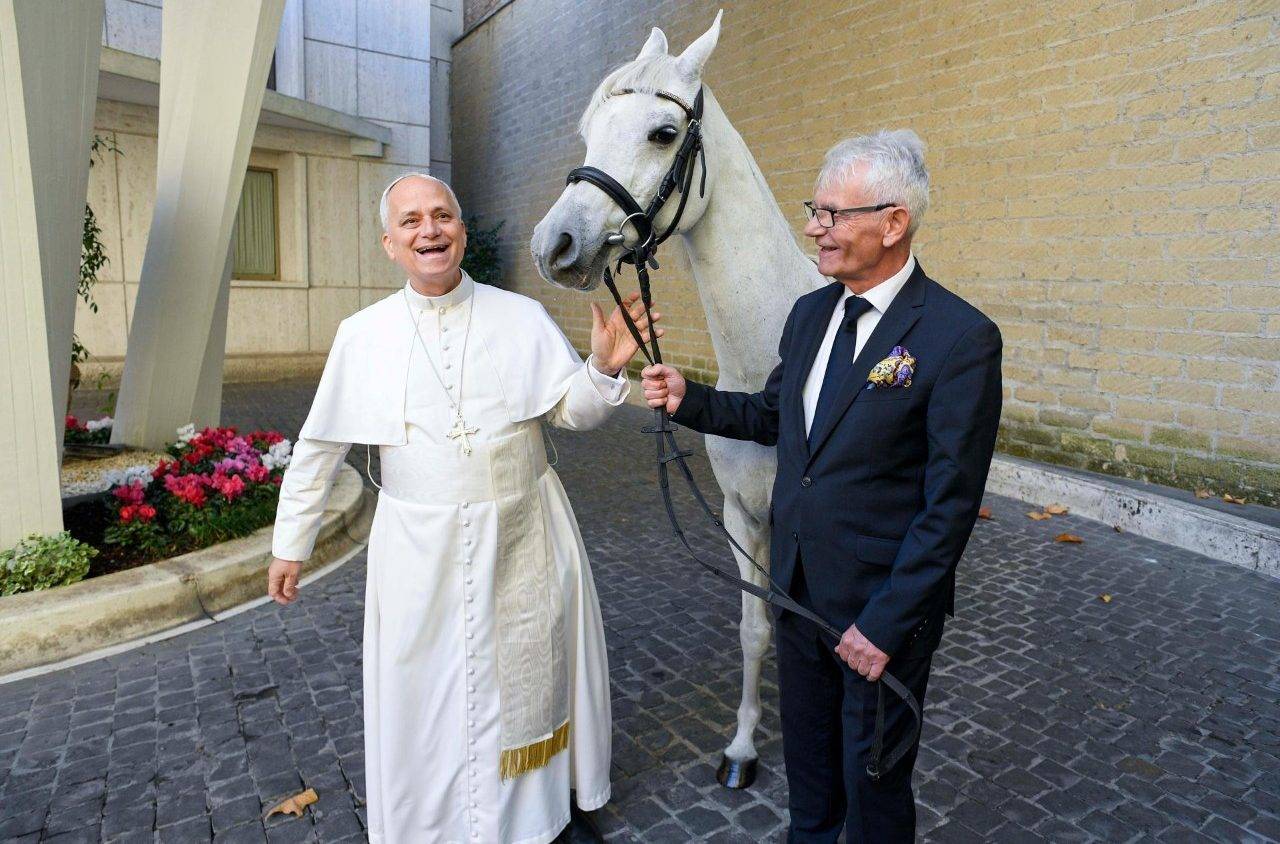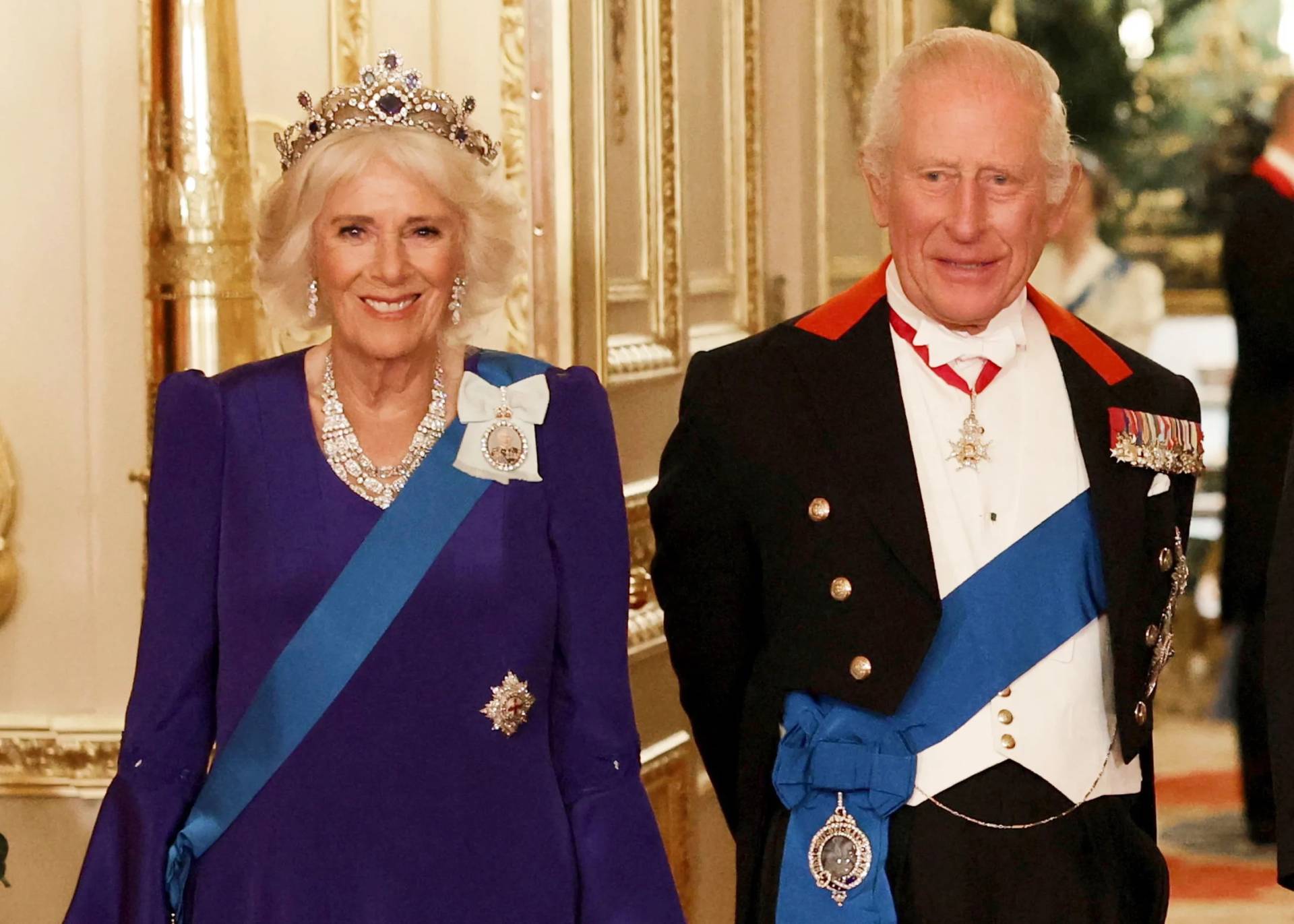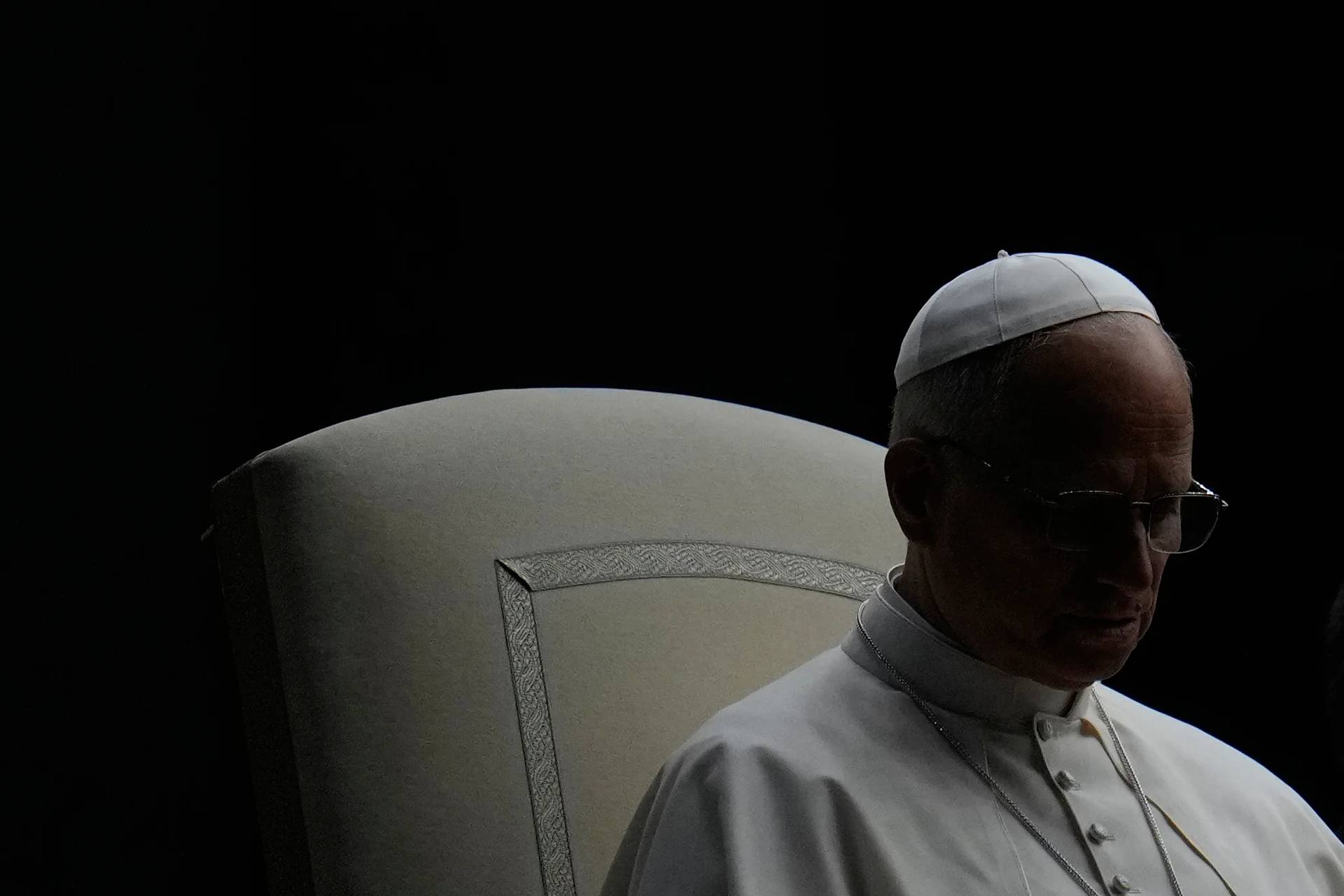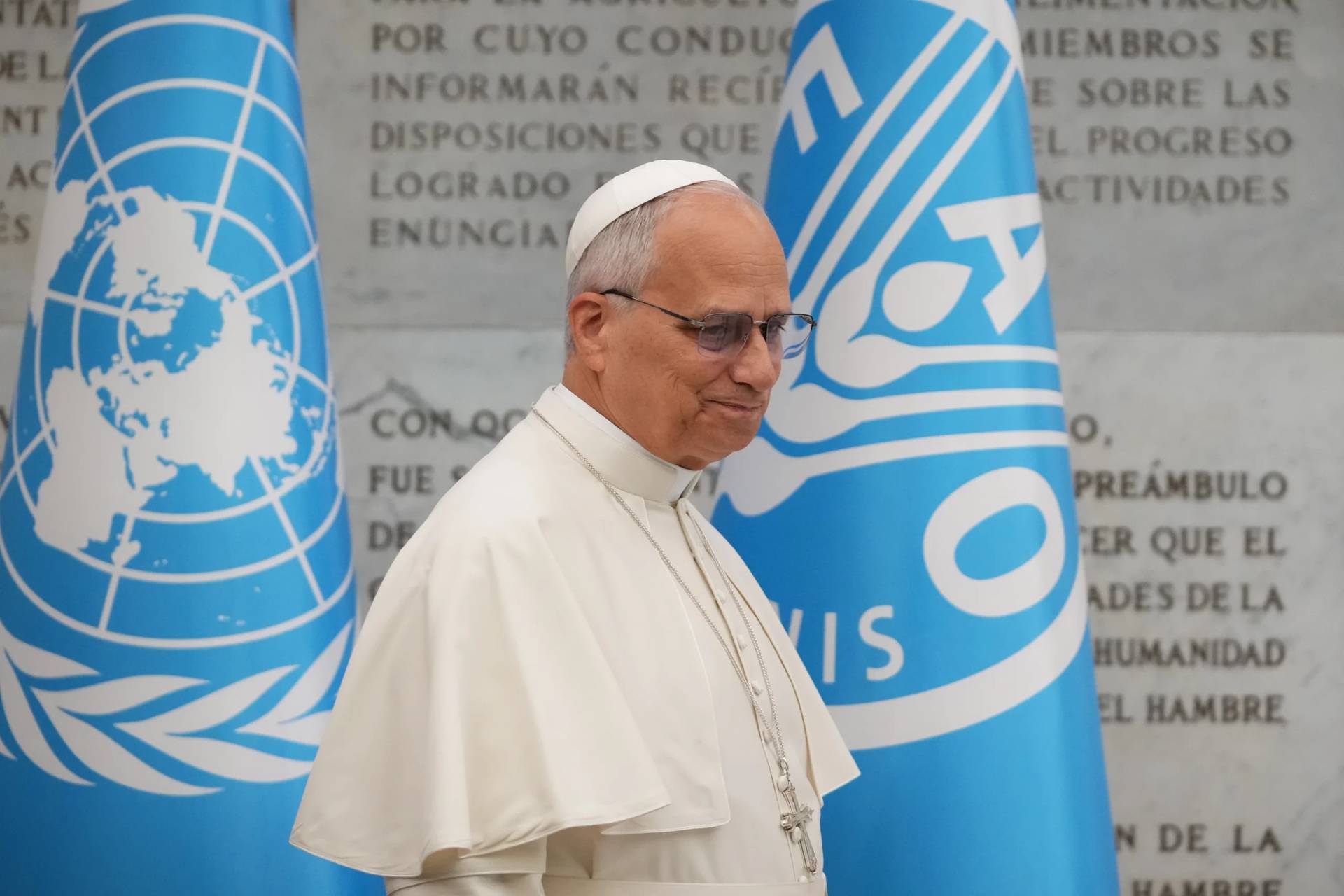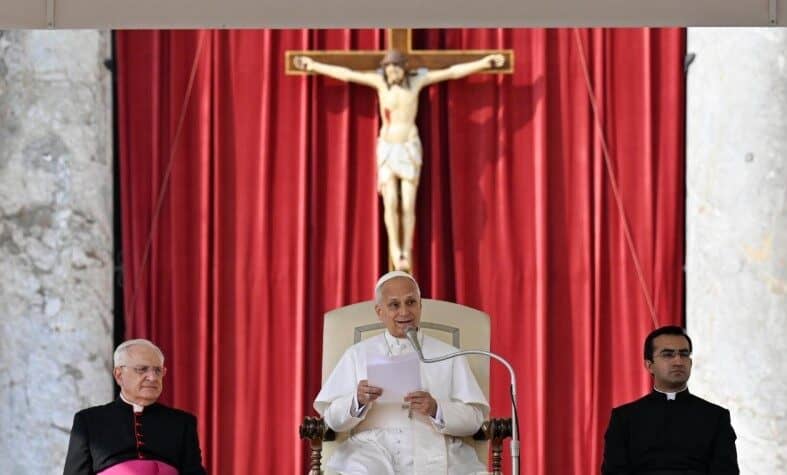ROME – The ideological efforts to change Catholic doctrine after the Second Vatican Council were deeply misguided, said Cardinal Gerhard Mueller, prefect of the Congregation for the Doctrine of the Faith and a leading interpreter of Benedict XVI.
“Ideology,” he said, “is always a proud attempt to subject the Word of God and the doctrine of the Church to the prejudice of one’s own thoughts, with the aim to obtain a manipulative power over the faithful and their lives.”
Theology is different, the cardinal explained, because “theology is the humble reflection on faith that rises up from listening to the Word of God.”
For this reason, “any fear that the Council might provoke a breach with the tradition of the Church is not only heretical: it would dismantle the meaning of supernatural mediation.”
Mueller spoke at the Pontifical Gregorian University for the December 14 presentation of the Italian edition of the seventh book in a series of Joseph Ratzinger’s complete works. The seventh volume contains all the writings the man who served as Benedict XVI wrote about the Second Vatican Council, including writings when he was an expert advisor to Cardinal Joseph Frings of Cologne.
The complete works are curated by Mueller himself.
In his remarks, the cardinal said the Second Vatican Council’s wake included a conflict between theology and ideology: “the expected Pentecostal renewal was replaced by the perspective of a ‘Babylonic’ confession of faith and by the attempt to contradict the thought of the theological school.”
All of this was “not a work of the Holy Spirit, because the Holy Spirit always listens to the Church in love and truth.”
“Defecting from faith and counterfeiting faith, and the division from the Church that follows, are fruits of another spirit that is not the Spirit of God,” he explained.
Mueller cited a famous expression of Benedict XVI: his December 22, 2005 Christmas greetings to the Roman Curia, in which he spoke of a “hermeneutic of continuity” to interpret the Catholic faith.
Mueller emphasized: “without a hermeneutic of continuity and of reform, the Church would secularize itself, and would turn into something more similar to a humanitarian organization.”
If this would happen, he said, “there would be no reason to be part of the Church.”
Mueller underscored that “the hermeneutic of reform and continuity is nothing more than the hermeneutic of faith as it is testified by the Holy Scripture, that lives in the apostolic tradition interpreted in the authentic way of the magisterium. Certainly, the Church is founded on revelation, and not on the magisterium.”
Mueller further reflected on the nature of ideology. In light of 20th century developments, “we noted that ideology is nothing more than the claim of some human being to dominate the moral conscience of other people.”
He added that “renewal” and “mainstream” are secular terms. He suggested their use are “the signs of ideological strongholds raised against the consciousness of God.”
These ideas, he added, “can be glimpsed in the philosophical roots of the Enlightenment, idealism and materialism, that is, in the ideological turn Europe lived through in the last centuries.”
Mueller said these ideologies may fall short.
“The question is whether man can really find his foundation and his self-fulfillment without recognizing his constitutive bond with the sovereign Creator and Reconciler,” he said.







